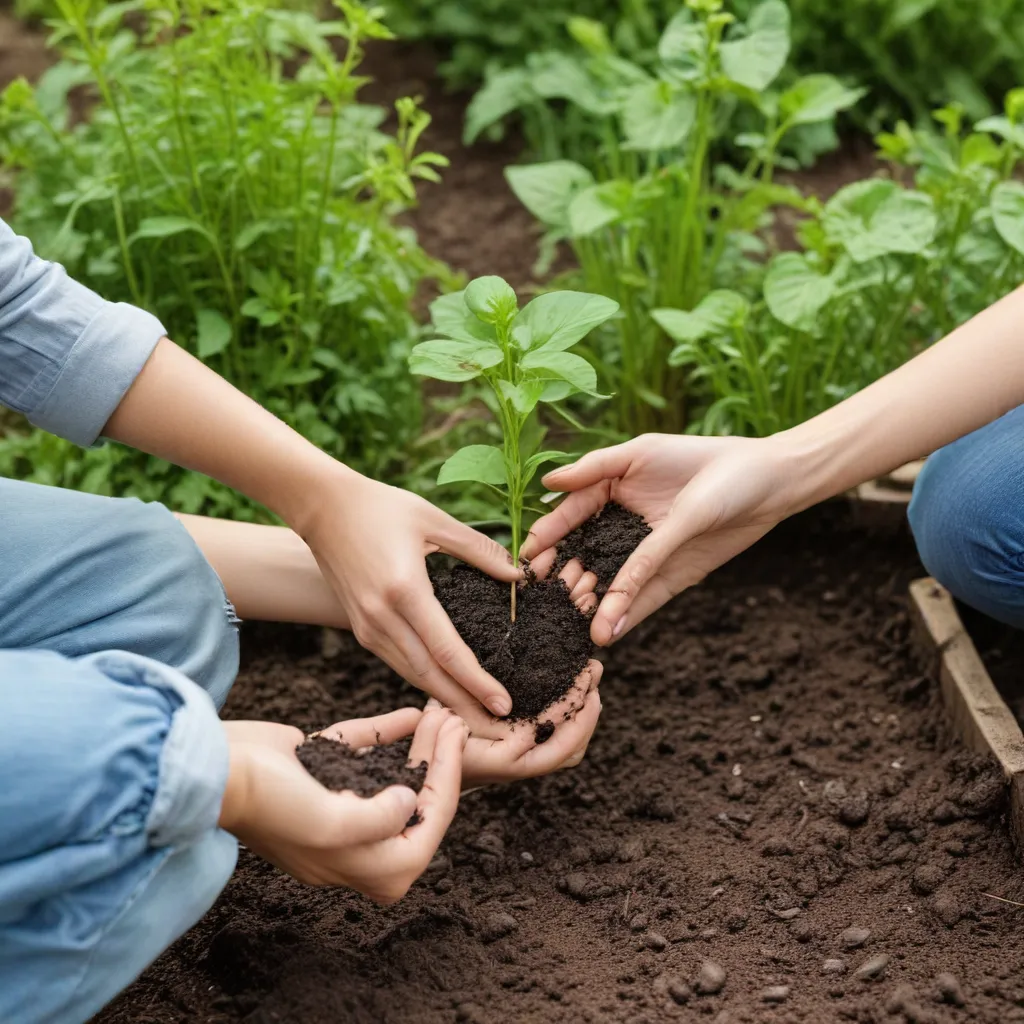
In an age where wellness has become a top priority, the humble act of gardening has emerged as a profound path to holistic health. At the Wine Garden Inn, we recognize the transformative power of cultivating one’s own plot of land, whether it’s a lush vineyard, a bountiful vegetable garden, or even a simple windowsill herb garden. By delving into the restorative benefits of gardening, we’ll unveil how this age-old practice can nourish the body, mind, and spirit, ultimately enriching the lives of our guests.
The Benefits of Gardening
Gardening is more than just a hobby; it’s a multifaceted activity that can positively impact our overall well-being. From the psychological to the physical and social realms, the act of gardening offers a myriad of benefits.
Psychological Benefits: Numerous studies have shown that spending time in the garden can have a profound effect on our mental health. Gardening has been linked to reduced stress, anxiety, and depression, as well as improved mood and self-esteem. The act of nurturing plants and watching them grow can instill a sense of purpose, accomplishment, and connectedness to the natural world.
Physical Benefits: Gardening is a form of moderate physical activity that can improve overall fitness and health. From digging, weeding, and planting to harvesting and carrying produce, the tasks involved in gardening engage multiple muscle groups and provide cardiovascular benefits. Additionally, exposure to sunlight and the great outdoors can boost vitamin D levels, which are essential for bone health and immune function.
Social Benefits: Gardening can also foster social connections and community engagement. Shared garden spaces, such as community gardens, provide opportunities for individuals to come together, share knowledge, and build relationships. This sense of community can lead to increased social support, improved mental well-being, and a greater sense of belonging.
The Science Behind Gardening’s Impact
So, what is it about gardening that makes it such a powerful tool for enhancing well-being? The scientific evidence points to several key mechanisms at play.
Stress Reduction: Engaging in gardening activities has been shown to decrease levels of the stress hormone cortisol, which can have detrimental effects on the body when elevated for prolonged periods. The act of working with the soil and nurturing plants can induce a calming, meditative state, helping to alleviate feelings of stress and anxiety.
Improved Mood: Gardening has been linked to the release of endorphins, the body’s natural “feel-good” chemicals. These endorphins can elevate mood, boost self-esteem, and even reduce symptoms of depression. The sense of accomplishment and pride that comes from growing one’s own plants can also contribute to improved mental well-being.
Cognitive Enhancement: Gardening requires a range of cognitive skills, such as planning, problem-solving, and attention to detail. These mental exercises can help maintain and even improve cognitive function, particularly in older adults. Additionally, the sensory experiences of gardening, such as the sights, sounds, and smells, can stimulate the brain and enhance overall cognitive performance.
Cultivating a Healthy Lifestyle
Gardening can be an integral part of a holistic approach to wellness, encompassing both physical and mental health.
Mindfulness in the Garden: By engaging in the act of gardening, individuals can cultivate a deep sense of mindfulness and connection with the natural world. The rhythmic motions of tending to plants, the feeling of soil between one’s fingers, and the observation of the growth cycle can all contribute to a state of present-moment awareness. This mindfulness can have a profound impact on reducing stress and promoting overall well-being.
Nutritional Advantages: Growing one’s own produce can also offer significant nutritional benefits. Freshly harvested fruits, vegetables, and herbs are often more nutrient-dense than their store-bought counterparts, as they haven’t lost their vital nutrients through extended transportation and storage. This, in turn, can promote healthier eating habits and support overall physical health.
The Restorative Power of Gardening
Gardening’s impact on well-being extends beyond the individual; it can also play a crucial role in the healing and recovery process, both physically and mentally.
Healing and Recovery: Gardening-based therapy has been successfully implemented in various healthcare settings, including mental health facilities and rehabilitation centers. The act of tending to plants can provide a sense of purpose, control, and accomplishment for individuals recovering from physical injuries or mental health challenges, aiding in their overall healing and rehabilitation.
Community Gardening: Community gardens, where individuals come together to cultivate shared plots of land, can foster a sense of belonging and social connection. These collaborative spaces can serve as hubs for neighborhood revitalization, promoting community engagement, and improving overall well-being.
Gardening Across the Lifespan
The benefits of gardening extend across all stages of life, from childhood to the golden years.
Childhood and Youth Development: Gardening can be an invaluable tool for educating and engaging children. By involving young people in the process of growing their own food, we can instill a deeper appreciation for the natural world, foster healthy eating habits, and cultivate important life skills such as responsibility and patience.
Older Adult Wellbeing: For older adults, gardening can provide a sense of purpose, physical activity, and cognitive stimulation. The tactile experience of working with soil and plants can help maintain dexterity, while the mental challenges of gardening can contribute to the preservation of cognitive function. Furthermore, the social connections fostered through community gardening can help combat isolation and loneliness in the golden years.
At the Wine Garden Inn, we understand the profound impact that gardening can have on one’s overall well-being. By encouraging our guests to engage with our lush gardens and vineyards, we aim to nurture a holistic approach to health and wellness, where the simple act of cultivating the land can blossom into a lifetime of growth, restoration, and fulfillment.
